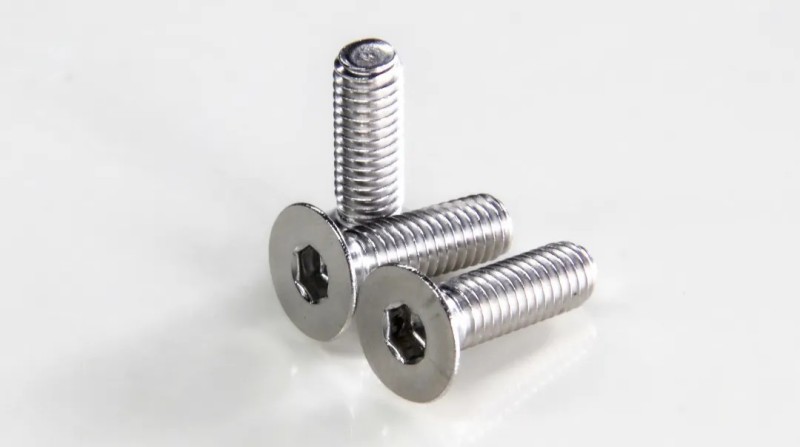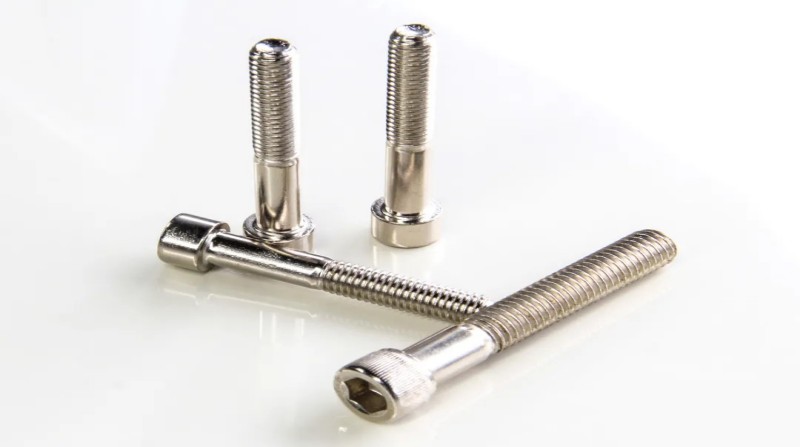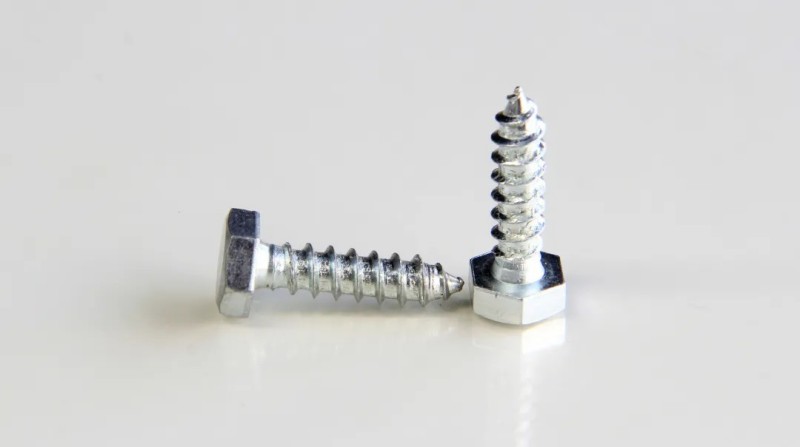- Time:2024/11/20 Posted:Dongguan Jierui Hardware Technology Co., Ltd
In modern engineering and manufacturing, fasteners play a vital role in ensuring the stability and durability of structures and equipment. While standard fasteners meet the needs of most applications, there are times when specific requirements demand tailored solutions. This is where non-standard fasteners come into play. These customized components cater to unique demands, offering flexibility, precision, and superior performance.
In this guide, we will explore the key considerations for selecting custom non-standard fasteners, the role of trusted non-standard fasteners manufacturers, and why choosing the right supplier, such as Jierui, is essential for achieving optimal results.
1. What Are Non-Standard Fasteners?
Non-standard fasteners are customized components designed to meet specific engineering requirements that cannot be fulfilled by standard fasteners. These can vary in terms of:
- Size: Larger or smaller than industry norms.
- Material: Specialty materials like titanium, stainless steel, or alloys for enhanced performance.
- Design: Unique shapes, threads, or finishes tailored for particular applications.
- Functionality: Special properties such as high-temperature resistance, corrosion resistance, or load-bearing capacity.
By offering these customizations, non-standard fasteners ensure seamless integration into specialized projects, making them indispensable in industries like aerospace, automotive, construction, and electronics.
2. Why Choose Custom Non-Standard Fasteners?
a. Tailored to Unique Needs
Custom non-standard fasteners are designed specifically for your application. Whether you need fasteners that can endure extreme conditions or ones with a precise fit, customization ensures they meet your exact requirements.
b. Enhanced Performance
Unlike generic fasteners, non-standard options can offer superior durability, corrosion resistance, or weight reduction, depending on the materials and design used.
c. Improved Safety and Reliability
Using fasteners tailored to your project minimizes the risk of failure, ensuring better safety and reliability in critical applications.
d. Aesthetic and Functional Benefits
Custom designs can also enhance the appearance and functionality of the product, making it more competitive in the market.

3. Key Factors to Consider When Choosing Non-Standard Fasteners
a. Material Selection
The material determines the fastener’s strength, durability, and resistance to environmental factors. Options include:
- Stainless Steel: Resistant to rust and corrosion.
- Aluminum: Lightweight and suitable for less demanding applications.
- Titanium: Excellent strength-to-weight ratio and corrosion resistance.
- Alloys: For high-stress and high-temperature environments.
b. Design and Customization
Work with manufacturers who can offer flexibility in design. Whether it’s thread types, head shapes, or finishes, ensure that the customizations align with your application’s needs.
c. Compliance with Standards
Even though these fasteners are non-standard, they should adhere to relevant industry standards for safety and quality. Verify certifications from the manufacturer.
d. Cost and Lead Time
Non-standard fasteners can be more expensive than standard ones. Evaluate the balance between cost, quality, and lead time to meet your project deadlines without compromising on performance.

4. Choosing the Right Non-Standard Fasteners Manufacturer
When it comes to custom non-standard fasteners, working with a reliable manufacturer is critical. Leading non-standard fasteners manufacturers, like Jierui, provide:
- Expertise: Years of experience in designing and producing fasteners tailored to various industries.
- High-Quality Materials: Access to premium materials for long-lasting performance.
- Advanced Manufacturing Capabilities: Modern facilities capable of producing fasteners with high precision.
- Customization Support: Collaboration throughout the design and manufacturing process to meet your specific requirements.
- Compliance and Certification: Assurance that products meet international quality and safety standards.
Jierui is a trusted non-standard fasteners factory known for its commitment to quality and innovation, making it an ideal partner for custom solutions.
5. Applications of Non-Standard Fasteners
Custom fasteners are used in a variety of industries:
- Aerospace: Lightweight and durable fasteners for aircraft components.
- Automotive: High-performance fasteners for engines and chassis.
- Construction: Corrosion-resistant fasteners for outdoor structures.
- Electronics: Small and precise fasteners for delicate components.

Conclusion:
Choosing the right custom non-standard fasteners ensures the success and longevity of your project. By partnering with experienced non-standard fasteners manufacturers like Jierui, you gain access to high-quality products tailored to your exact needs. With the right materials, design, and manufacturing process, non-standard fasteners provide unmatched performance and reliability across various industries.
FAQ:
1. What is the difference between standard and non-standard fasteners?
Standard fasteners are mass-produced to industry specifications, while non-standard fasteners are custom-designed to meet specific requirements.2. How can I find a reliable non-standard fasteners manufacturer?
Look for manufacturers with extensive experience, modern facilities, and certifications. Jierui is a trusted name in the industry.3. Are non-standard fasteners more expensive?
While the initial cost may be higher, the enhanced performance and tailored fit often provide better value in the long run.4. Can non-standard fasteners be made in any material?
Yes, they can be manufactured using a wide range of materials, including stainless steel, titanium, and specialized alloys, depending on your needs.5. What industries use non-standard fasteners?
Non-standard fasteners are widely used in aerospace, automotive, construction, and electronics industries for specialized applications.
